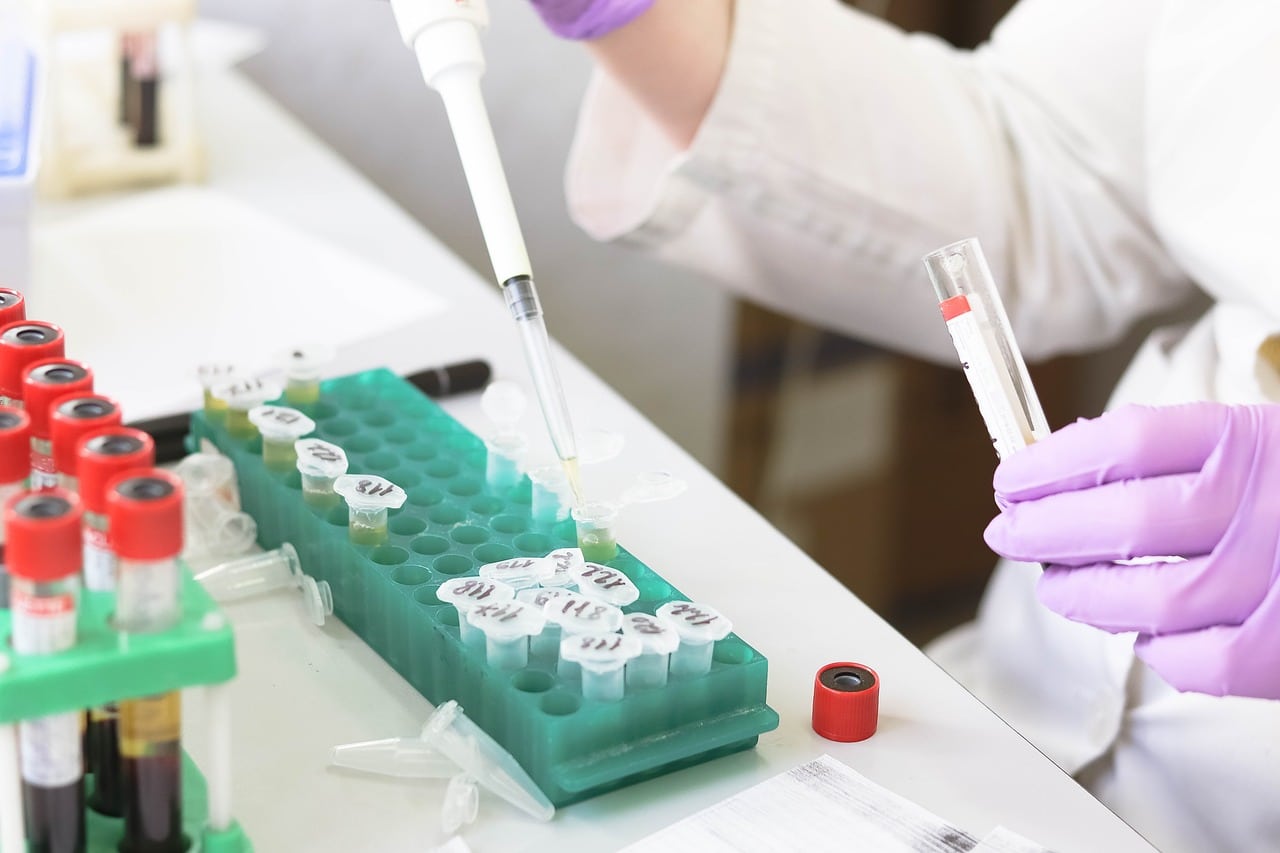New Methods to Combat New Diseases
Coronavirus (also known as COVID-19) has become a global concern as the disease continues to spread. Without a vaccine to combat it, and research not able to keep up in wake of the continued rates of infection, this pandemic is one that many rightly fear.
Doctors are still finding ways to confront these outbreaks, and many have turned towards technology to help. A variety of new devices and methodologies have been developed and implemented to aid in the fight against Coronavirus with the hope that they will give an edge over the disease to contain, and eventually eliminate it.
Several major efforts have started, with teams in Korea, China, North America, and elsewhere all utilizing AI testing and other methods to combat the virus as well as better understand how it might spread. The joint South Korean/US efforts by teams at Deargen and Dankook University have done extensive research into efforts to find pre-existing drugs that might work to fight Coronavirus, using an AI model to test commercially available drugs
While there are skeptics of these methods and technologies, their proponents advocate that the help they provide will be invaluable in preventing further spread of the disease and may help prevent future outbreaks of this and other diseases. Because of this, continued research and development into advancing medical technology, and the sharing of data and EMR’s has been done, and has begun to be utilized in combating COVID-19.
Emerging Technologies Bring Renewed Hope
In order to understand COVID-19 better, doctors and other medical researchers alike have been working to understand and try to isolate a weakness in the virus as well as predict how it might continue to spread until it can be isolated and contained. In order to assist with that, new and emerging technology has been tapped to help expedite the process, as well as predict potential weaknesses of the disease.
Predicting the Spread
One of the greatest things that can be done when trying to prevent a disease from spreading is understanding just how it will do so. While this may seem like common sense, understanding diseases and their transmission can be unpredictable, especially with new ones like Coronavirus.
- Healthmap has stepped up with a data visualization that can help researchers track where the virus has been most densely found, giving a visual to statistics that can help detect and allow for organizations and governments to react to these health threats.
- This is beneficial as it means that resources can be allocated accordingly and with an efficiency that otherwise may not have been viable.
- That in turn means that more lives could potentially saved in areas of high infection.
- Taking things one step further, BlueDot, a company in Toronto that focuses in health surveillance has managed to use their technology and team to predict where the disease may appear next.
- This is based on travel to and from places where cases of Coronavirus have been reported, as well as numerous other factors.
What this does is allow for businesses that might be the first in the viruses line of infection to be prepared and able to take measures to get the help needed, as well as allow for doctors and clinicians to be aware that they should be looking out for signs of the disease when patients come through their doors.
Preparedness like that is important because it allows for the virus to possibly be effectively quarantined to prevent the spread to others, furthering the effort in stopping it until a vaccine can be developed to immunize and eradicate the virus outright.
However, there is some skepticism surrounding all of this technology and how it actually helps. While many do stand to benefit, some researchers have pointed out that potential blind spots in data aggregation can leave underrepresented areas at greater risk for Coronavirus to spread.
Alongside that, understanding a virus doesn’t necessarily mean that you stop it from spreading. There are many recorded cases in the past of research and information accurately predicting how a virus could spread, only for it to do so regardless of the research.
Still, having that knowledge for many is something worthwhile, and the ability to possibly prevent outbreaks in the future is worth the investment of time and resources now.
Finding the cure
While there has been a lot of investment in the tracking and prevention, other companies have been more interested in trying to find potential ways to combat the virus outright. While many companies are working on a vaccine, the rate of infection may prove too quick to catch up efficiently.
This has led to alternative research approaching the issue from a different angle. Specifically the angle of testing anti-viral drugs that already exist.
In controlled trials, the AI used a list of existing anti-viral drugs to see if there are existing means that are effective in combating the disease. While there is potential, there is no guarantee that they will have any impact on the virus or halt its spread.
For some researchers though, that is not an acceptable answer, and so they have turned towards another method. AI to be specific.
Using artificial intelligence, researchers from all over the world are collaborating to create a prediction model for antiviral drugs that have a chance at battling Coronavirus. Setting up the parameters to test whether a pre-existing drug would have an effect, a team from South Korea’s Dankook University worked alongside the help of those from the US academy at Deargen to run a series of tests using commercially available antivirals that may act upon COVID-19.
What they discovered was that a drug used to treat and prevent HIV, atazanavir, has a promising chance of inhibiting Coronavirus. They also found that several other antiviral agents could be used to treat the virus as a result of their test and should be considered when establishing effective treatment strategies.
The researcher’s senior author, Doctor Keunsoo Kang, has noticed that the research, and the AI has not begun development of an anti-viral drug, but that one could be considered. There would just need to be indications and targets set and agreed upon regarding development before any candidates are depicted.
Dr. Kang and his team are not the only ones working to identify a potential antivirus though. Research in China has shown that certain small molecular drugs that bind to the SARS-CoV protease may be provide promising aid that would be beneficial in the current outbreak.
These research experiments are just steps in the process of finding an antivirus for Coronavirus. Though there is no definitive solution yet to be found, the drugs that have shown promise may be the foundation needed to build a cure for COVID-19.
The technology used has allowed for teams across the world to share their findings and work together to find these drugs that may lead to further discoveries that could contain and even work to vaccinate against the virus. These discoveries would not have been possible without the advancements in technology that have become available, and are maintained for doctors and other medical professionals to utilized.
Of similar importance is the ability to keep electronic records. Especially for teams working internationally, a stable EMR is essential to tracking patients, tests, and other information that is shared between researchers. Any kind of hiccup in that process, or loss of data could be disastrous, and cause life threatening setbacks.
That is why many hospitals and medical research facilities entrust managed service providers with the task of managing and maintaining the databases that contain this critical information. Doing so allows them to have an on call team of experts to handle their issues no matter when they occur.
LG Networks provides this service to several medical companies across the nation, including TrustHCS, a medical staffing and coding company that specializes in advising healthcare organizations. Our 24/7/365 service lets them focus on their work, while we ensure their computers and databases are running smoothly and safely.
It will take a lot of hard work, research, and ingenuity to stop the spread of Coronavirus, but these advancements in technology and the ability to quickly, reliably share information across the world can help lead to further discoveries and save countless lives.








 by
by